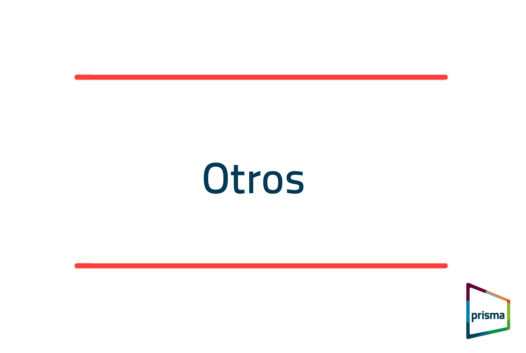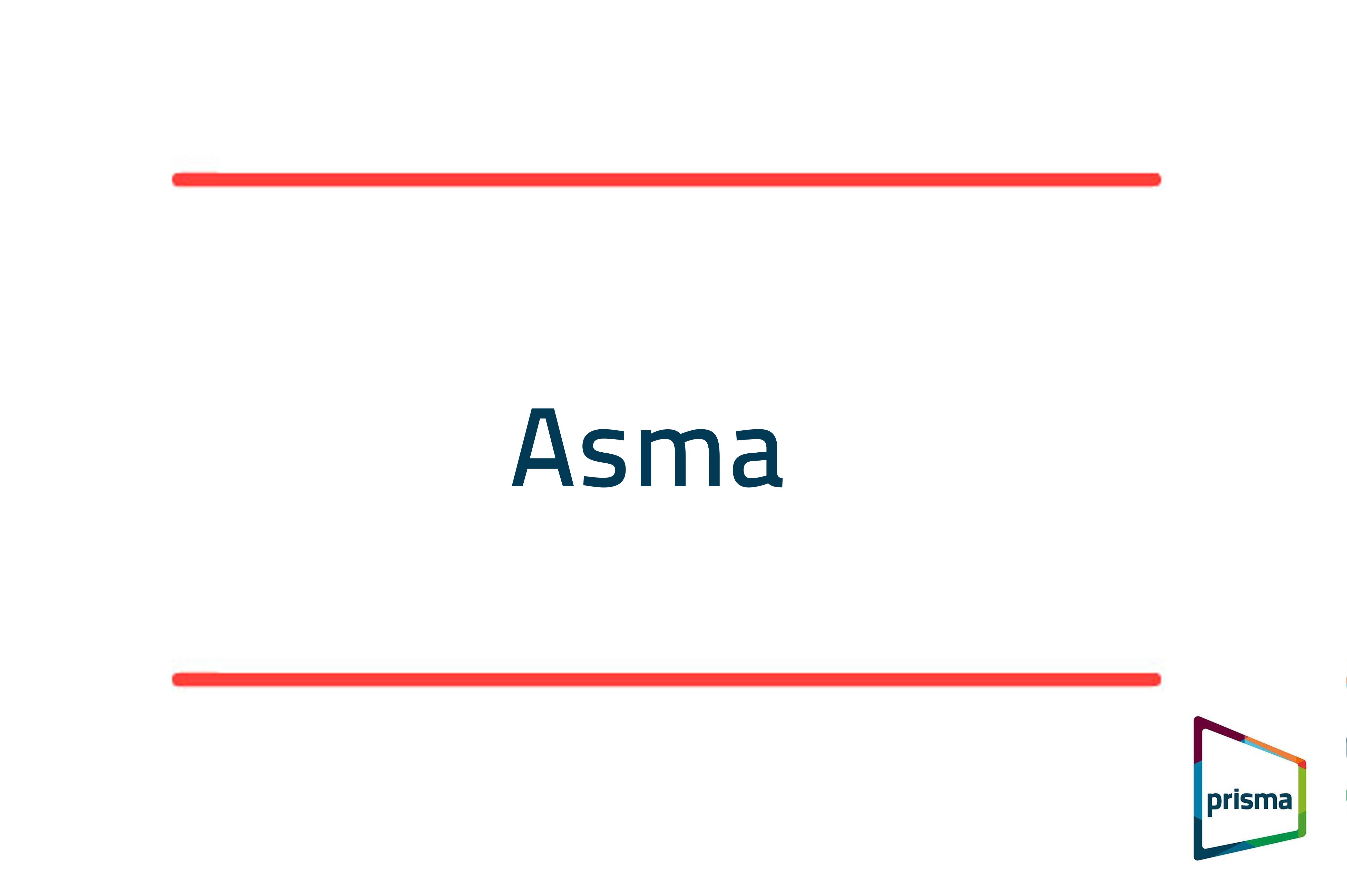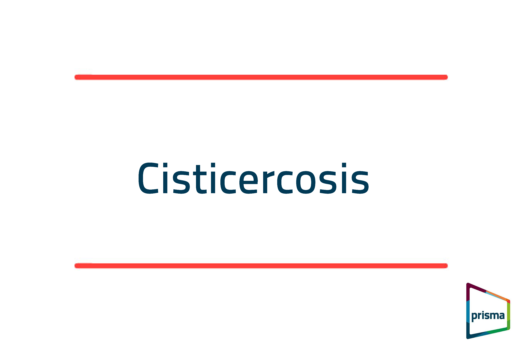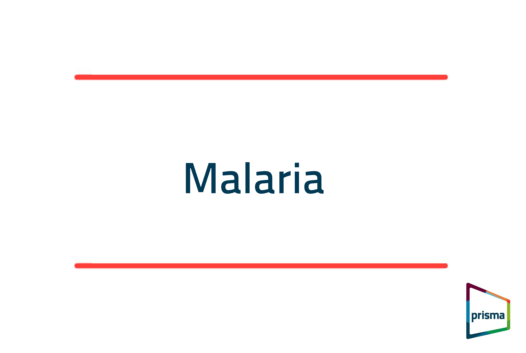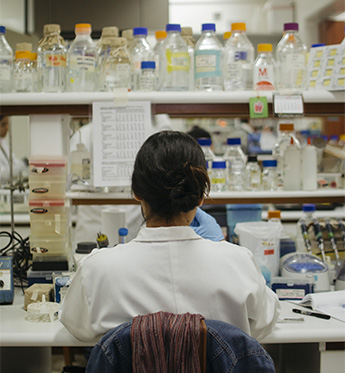Pereira L, Zamudio R, Soares-Souza G, Herrera P, Cabrera L, Hooper CC, Cok J, Combe JM, Vargas G, Prado WA, Schneider S, Kehdy F, Rodrigues MR, Chanock SJ, Berg DE, Gilman RH, Tarazona-Santos E.
PLoS One. 2012;7(8):e41200.
Gastric cancer is one of the most lethal types of cancer and its incidence varies worldwide, with the Andean region of South America showing high incidence rates. We evaluated the genetic structure of the population from Lima (Peru) and performed a case-control genetic association study to test the contribution of African, European, or Native American ancestry to risk for gastric cancer, controlling for the effect of non-genetic factors.
The high incidence of gastric cancer in Peru does not seem to be related to susceptibility alleles common in this population. Instead, our result suggests a predominant role for ethnic-associated socioeconomic factors and disparities in access to health services. Since Native Americans are a neglected group in genomic studies, we suggest that the population from Lima and other large cities from Western South America with high Native American ancestry background may be convenient targets for epidemiological studies focused on this ethnic group.


